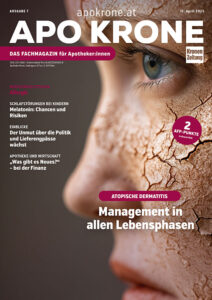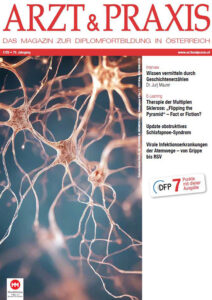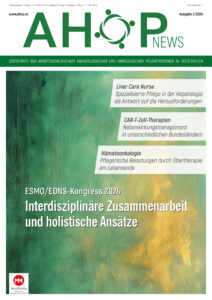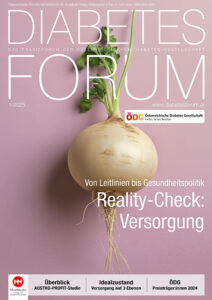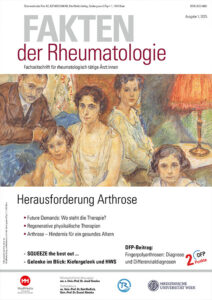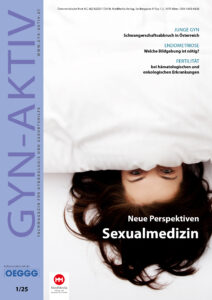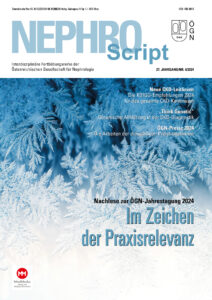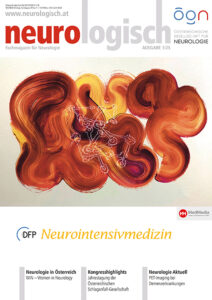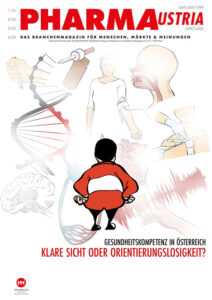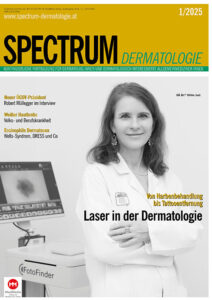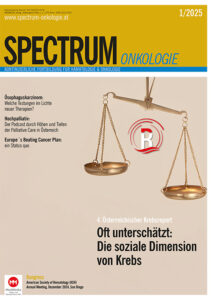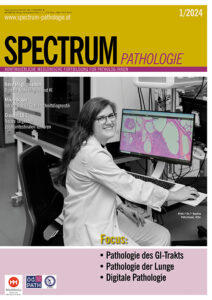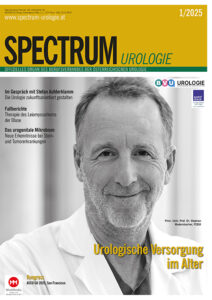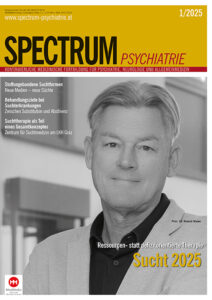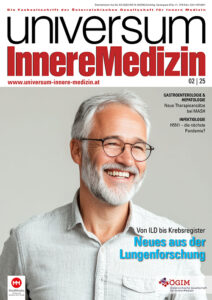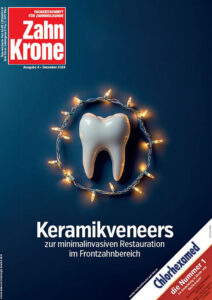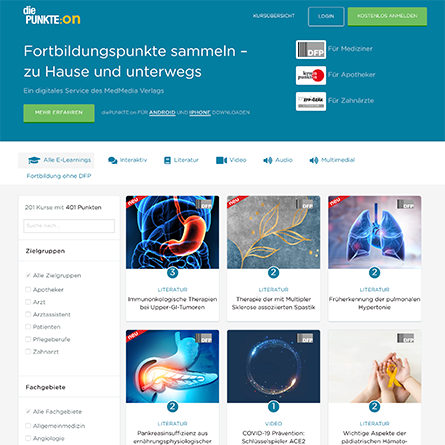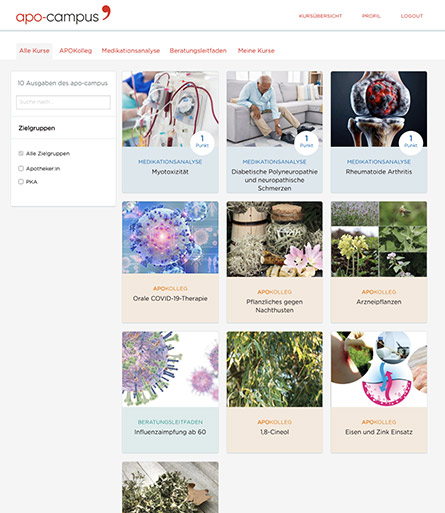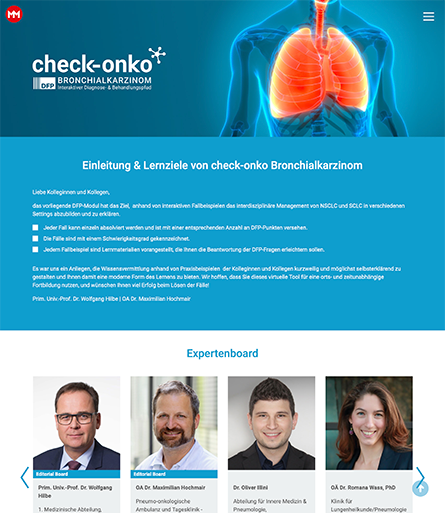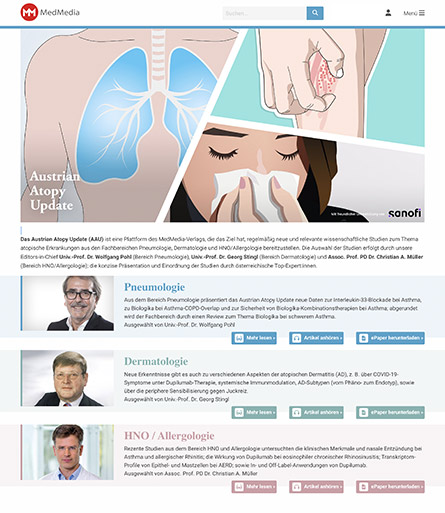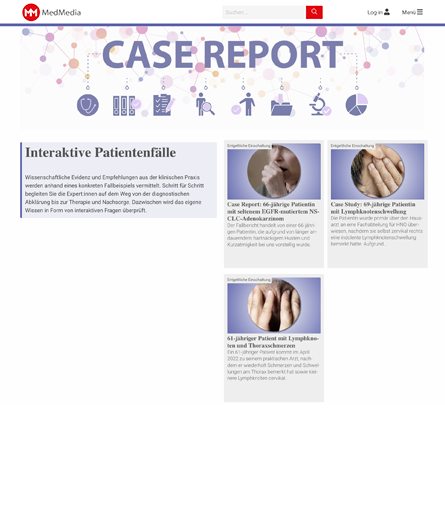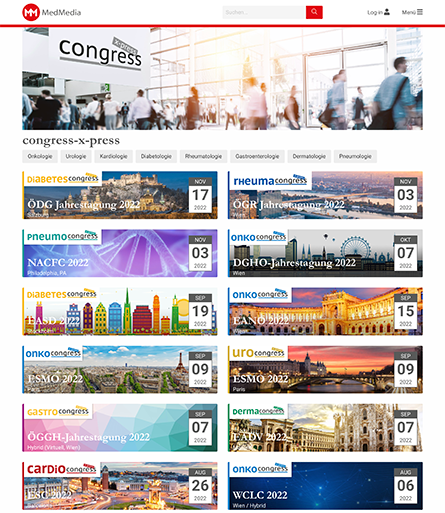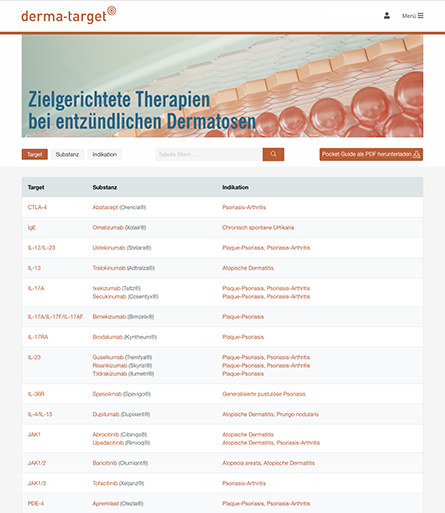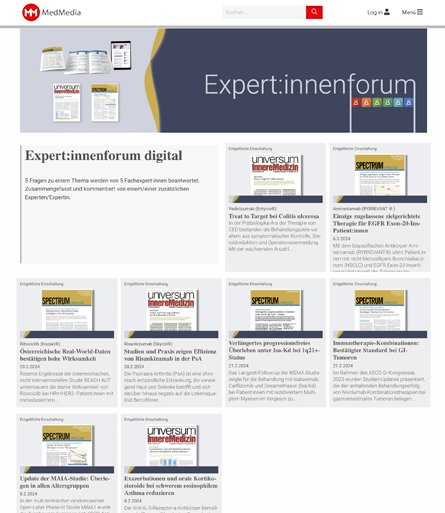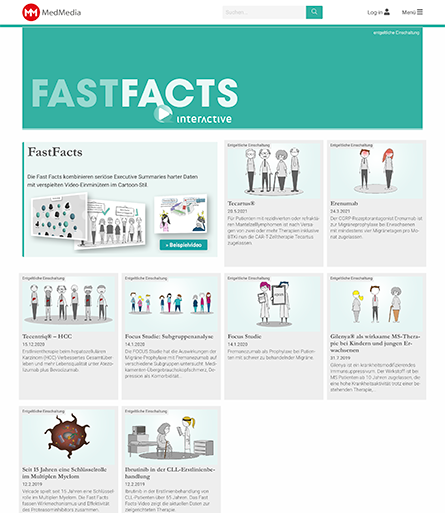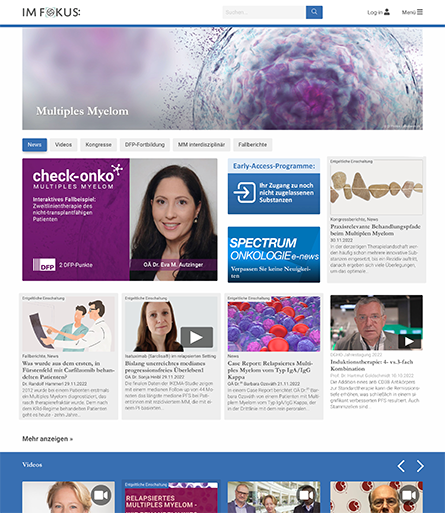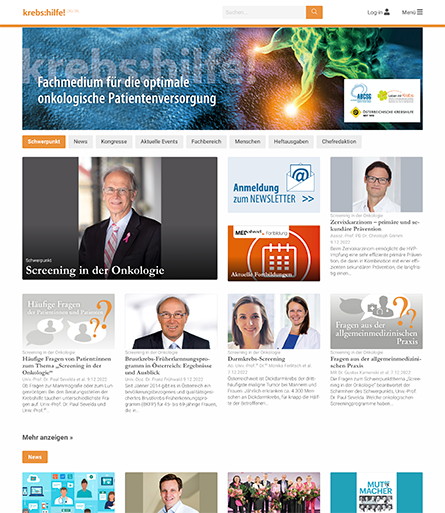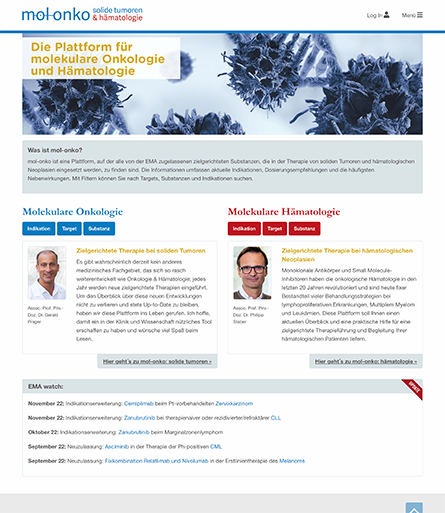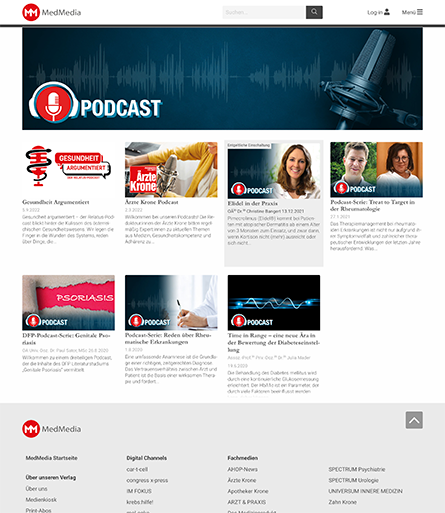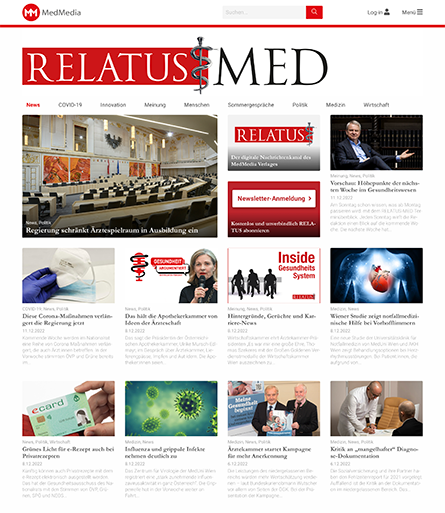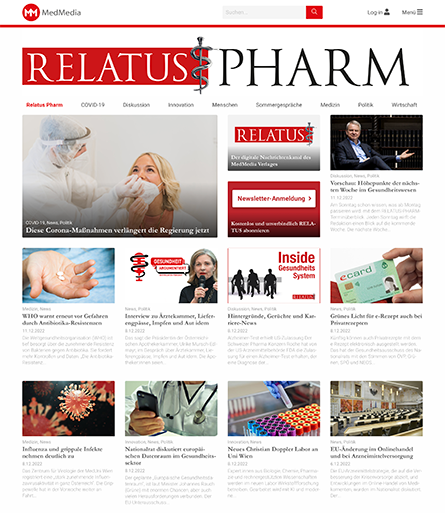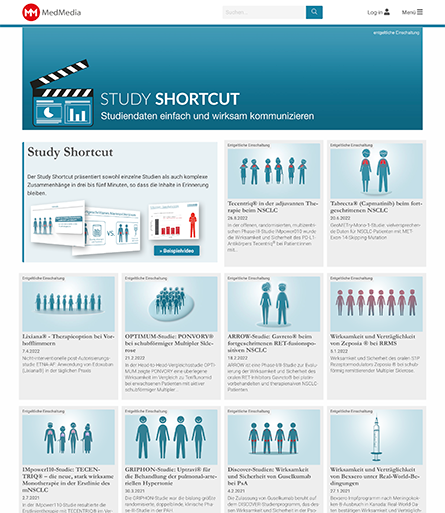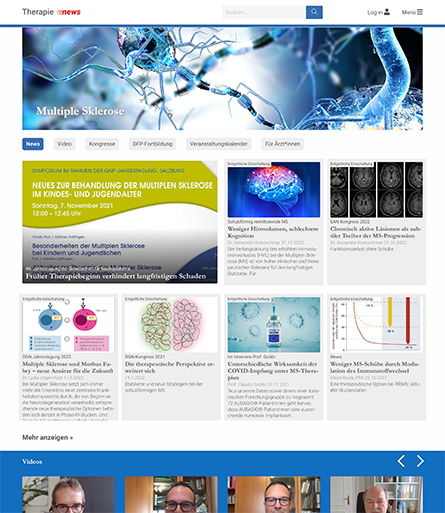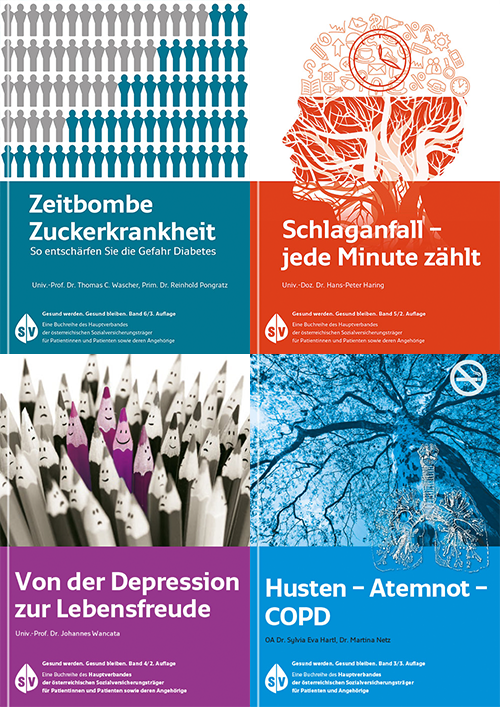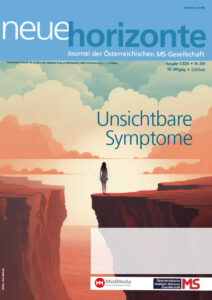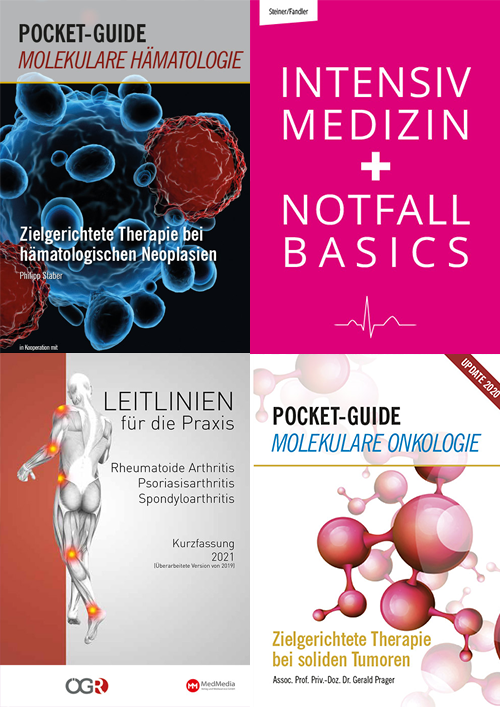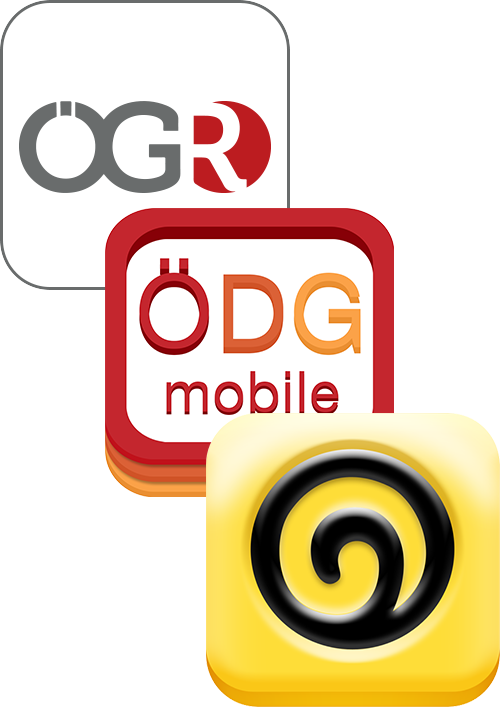Highlights beim Bronchialkarzinom
NSCLC-Frühstadien – präoperative Therapie
NADIM-Il-Studie: neoadjuvante Chemotherapie +/-Nivolumab (inkl. adjuvantes Nivolumab) in den Stadien IlIA-B –> Chirurgisch relevante Endpunkte favorisieren die neoadjuvante Chemoimmuntherapie
NeoSCORE: Zwei oder drei Zyklen neoadjuvante Chemoimmuntherapie? –> Drei Zyklen führen zu besseren Ergebnissen als zwei Zyklen
NSCLC, Stadium IV – zielgerichtete Therapie
KRYSTAL-1: Adagrasib bei KRAS-G12C-Mutation à Nach Sotorasib ist auch dieser spezifische KRAS-Hemmer (FDA submitted) in der umschriebenen Population mit hohen Ansprech- und klinischen Benefit-Raten sehr gut wirksam, die Rate therapieassoziierter Nebenwirkungen scheint gegenüber Sotorasib erhöht. Global sind zumindest 13 weitere Substanzen in klinischer Entwicklung …
CHRYSALIS-2: Amivantamab (i.v.) + Lazertinib bei EGFR-mutierten Tumoren nach Progress auf Osimertinib und platinbasierte Chemotherapie (Kohorte A der Studie): Update mit guten Ansprechraten von Amivantamab, ein bispezifischer METex14- und EGFR-inhibitor, in Kombination mit dem neuen EGFR-Drittgenerations-TKI
CHRYSALIS: Amivantamab bei MET-Exon-14-Skipping-Mutation bei therapienaiven oder MET-vorbehandelten Patienten –> Wirksamkeit in allen Gruppen – je früher, desto besser -, aber auch nach Vorbehandlung unter Berücksichtigung bereits zugelassener Substanzen wie Tepotinib oder Capmatinib
CLN-081 bei NSCLC mit EGFR-Insertion 20 –> Nach Amivantamab und Mobocertinib mit einem von der FDA gewährten accellerated approval eine weitere neue Substanz für dieses umschriebene NSCLC-Patientenkollektiv: „hocheffektiv mit einem charmanten Nebenwirkungsprofil“ …
NSCLC, Stadium IV – Immuntherapie versus Chemoimmuntherapie …
… „FDA Pooled Analysis“ bei Patienten mit P-DL1-Expression >50%: Auch die gepoolten Daten der entsprechenden Studien führen bei überlappendem Konfidenzintervall zu keiner klaren Antwort, ob bei hoher PD-L1-Expression Immuntherapie alleine ausreicht; tendentiell führt die kombinierte Chemoimmuntherapie zu einem längeren Gesamtüberleben (OS 25 vs. 20,9 Monate). Eine Ausnahme sind Patienten im Alter ≥ 75 Jahre, die von Immuntherapie alleine mehr zu profitieren scheinen
… „FDA Pooled Analysis“ bei Patienten mit KRAS-Mutation/KRAS-Wildtyp und PD-L1-Expression: Es fanden sich keine großen Unterschiede bei der Wirksamkeit einer Chemoimmuntherapie zwischen KRAS-mutierten und KRAS-Wildtyppatenten oder der Wirksamkeit einer Immuntherapie zwischen KRAS-mutierten und KRAS-Wildtyppatenten – mit einem Trend zur insgesamt höheren Wirksamkeit der Chemoimmuntherapie gegenüber Immuntherapie alleine in beiden KRAS-Kohorten.
NSCLC, Stadium IV – LAG-3-Inhibitor, Kombinationen aus Immun- und zielgerichteter Therapie
Weitere Studienhighlights beschäftigen sich mit einem neuen Immuncheckpoint-Inhibitor, Eftilagimod alpha gegen lösliches LAG-3, und mit vielversprechenden Daten zur Kombination von zielgerichteter Therapie mit Immuntherapie
TACTI-002: Eftilagimod alpha + Pembrolizumab 1st-line (Phase-II-Studie)
Lung-MAP S1800A: Ramucirumab + Pembrolizumab 2nd Line (Phase-Il-Studie)
COSMIC-021: Cabozantinib + Atezolizumab
Kleinzelliges Bronchialkarzinom (SCLC)
Last not least hat sich nach Etablierung der Immuntherapie bei SCLC eine weitere Studie zur Erstlinientherapie in dieser Indikation als negativ herausgestellt.
Skyscraper-02: Carboplatin/Etoposid/Atezolizumab +/-Tiragolumab bei SCLC-extensive disease als Erstlinientherapie
Abstracts ASCO 2022, Bronchialkarzinom:
Nivolumab + chemotherapy versus chemotherapy as neoadjuvant treatment for resectable stage IIIA NSCLC: Primary endpoint results of pathological complete response (pCR) from phase II NADIM II trial.
Two cycles versus three cycles of neoadjuvant sintilimab plus platinum-doublet chemotherapy in patients with resectable non-small-cell lung cancer (neoSCORE): A randomized, single center, two-arm phase II trial.
KRYSTAL-1: Activity and safety of adagrasib (MRTX849) in patients with advanced/metastatic non–small cell lung cancer (NSCLC) harboring a KRASG12C mutation.
Amivantamab and lazertinib in patients with EGFR-mutant non–small cell lung (NSCLC) after progression on osimertinib and platinum-based chemotherapy: Updated results from CHRYSALIS-2.
Amivantamab in patients with NSCLC with MET exon 14 skipping mutation: Updated results from the CHRYSALIS study.
Phase (Ph) 1/2a study of CLN-081 in patients (pts) with NSCLC with EGFR exon 20 insertion mutations (Ins20).
Outcomes of anti–PD-(L)1 therapy with or without chemotherapy (chemo) for first-line (1L) treatment of advanced non–small cell lung cancer (NSCLC) with PD-L1 score ≥ 50%: FDA pooled analysis.
Outcomes of first-line immune checkpoint inhibitors with or without chemotherapy according to KRAS mutational status and PD-L1 expression in patients with advanced NSCLC: FDA pooled analysis.
A phase II study (TACTI-002) in first-line metastatic non–small cell lung carcinoma investigating eftilagimod alpha (soluble LAG-3 protein) and pembrolizumab: Updated results from a PD-L1 unselected population.
Overall survival from a phase II randomized study of ramucirumab plus pembrolizumab versus standard of care for advanced non–small cell lung cancer previously treated with immunotherapy: Lung-MAP nonmatched substudy S1800A.
Cabozantinib (C) plus atezolizumab (A) or C alone in patients (pts) with advanced non–small cell lung cancer (aNSCLC) previously treated with an immune checkpoint inhibitor (ICI): Results from Cohorts 7 and 20 of the COSMIC-021 study.
SKYSCRAPER-02: Primary results of a phase III, randomized, double-blind, placebo-controlled study of atezolizumab (atezo) + carboplatin + etoposide (CE) with or without tiragolumab (tira) in patients (pts) with untreated extensive-stage small cell lung cancer (ES-SCLC).

